Introducing Rakewell, Apollo’s wandering eye on the art world. Look out for regular posts taking a rakish perspective on art and museum stories.
There is much about Squid Game – the hit series from South Korea in which punters enter a cut-throat game to eliminate their competitors in a scramble for an obscenely large cash prize – that resembles the contemporary-art world. What’s more, many of the eerie sets in which games from childhood are re-enacted (the twist here being that the losers are killed instantly) look like some installation you might be about to encounter during Frieze Week.
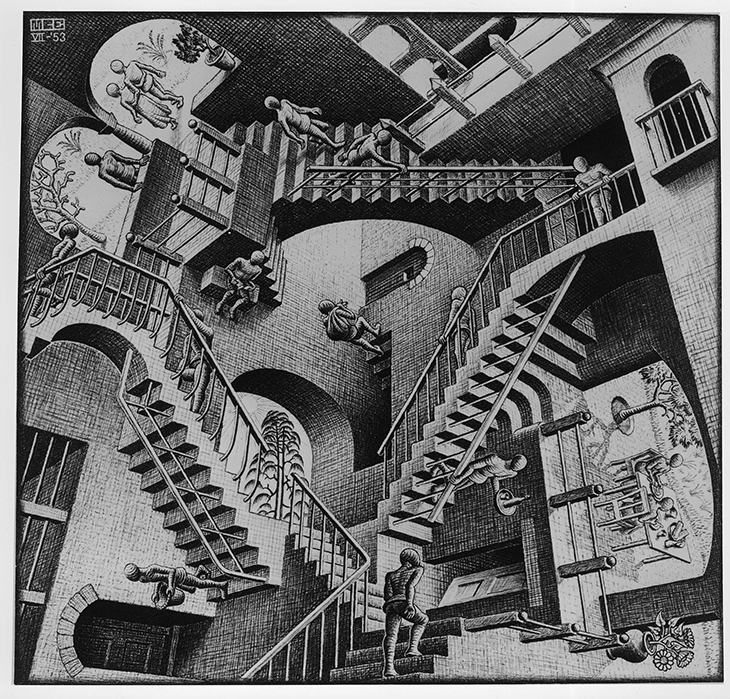
Relativity (1953), M.C. Escher.
But the most direct borrowing from art is the trippy series of staircases through which the contestants are herded between games: many viewers will have noticed the similarity to M.C. Escher’s lithograph Relativity (1953), which the director Hwang Dong-hyuk has acknowledged was an influence. All pastel-hued, the surreal structure makes a brilliant visual centrepiece in this dystopian nightmare of a show – but Squid Game is merely the latest in a long line of films, TV series and video-games to make use of Escher’s unsettling creation.
Among the most notable is Secret of the Tomb, the third installment of the Night at the Museum trilogy starring Ben Stiller. Since Hollywood has never let accuracy stand in its way, the British Museum has an ‘Escher Room’ in this film, which is where Stiller’s character, the hapless security guard Larry Daley, dives into Relativity and, with Robin Williams, finds himself tumbling down – and up – its gravity-defying staircases.
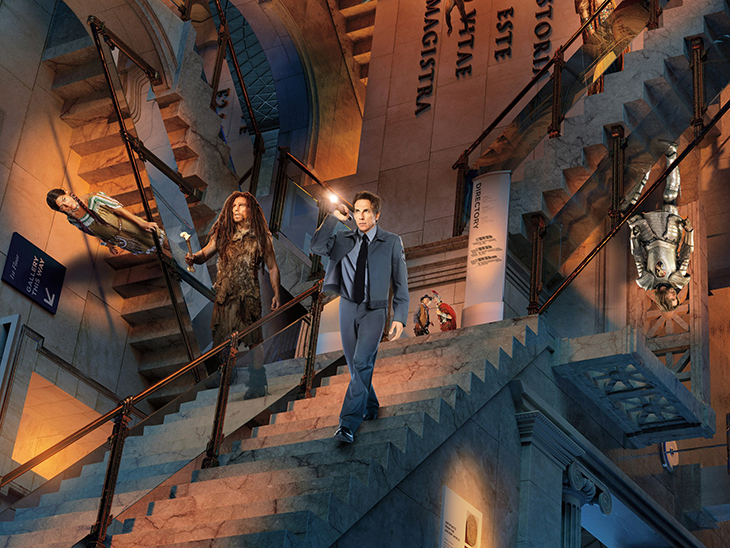
Ben Stiller in Secret of the Tomb (2014).
Going much further back, to 1977, an Escher-like concoction of stairs and archways appears as a mural in Dario Argento’s Suspiria, where – along with dark figures from Aubrey Beardsley’s Salomé – it provides one of many sinister backdrops to the horrors that unfold.
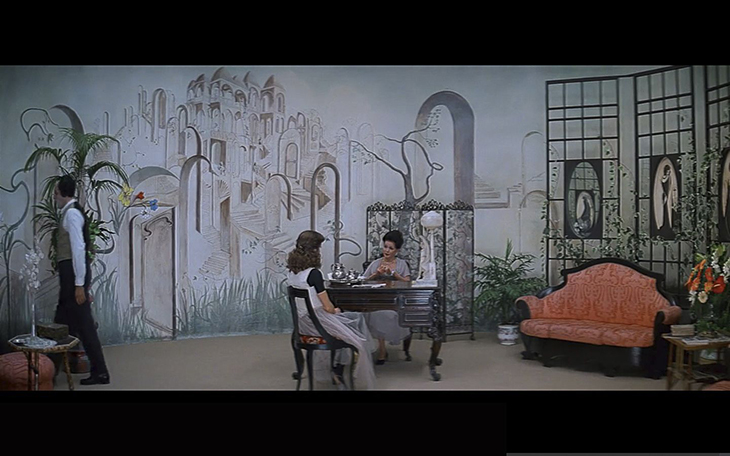
Suspiria (1977)
Music for Suspiria was provided by the Italian progressive rock band Goblin, which puts Rakewell in mind of goblin kings, and surely the classic of Escher-staircase borrowings: David Bowie’s lair in Labyrinth:
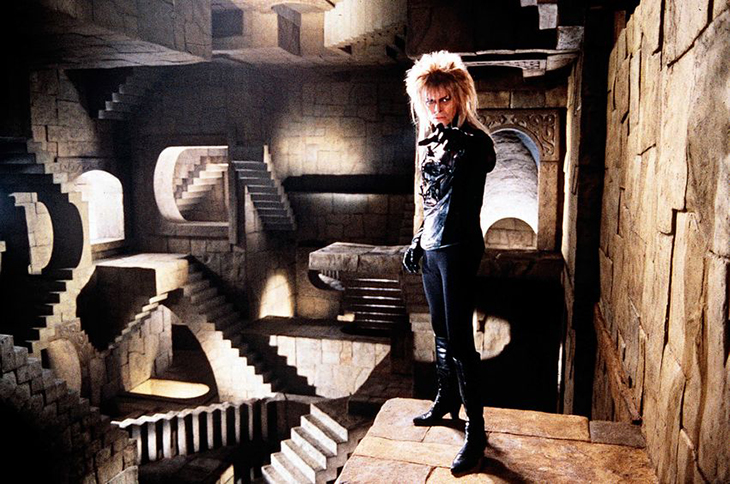
David Bowie in Labyrinth (1986)
‘It’s only forever… not long at all,’ Bowie sang – though sadly his marvellous mullet wasn’t forever; and extraordinary coiffures is another thing Squid Game has in common with Labyrinth, as you’ll see if you make it through all the blood-spilling to the final episode. But I’ll save the spoilers.
Got a story for Rakewell? Get in touch at rakewell@apollomag.com or via @Rakewelltweets.
Unlimited access from just $16 every 3 months
Subscribe to get unlimited and exclusive access to the top art stories, interviews and exhibition reviews.

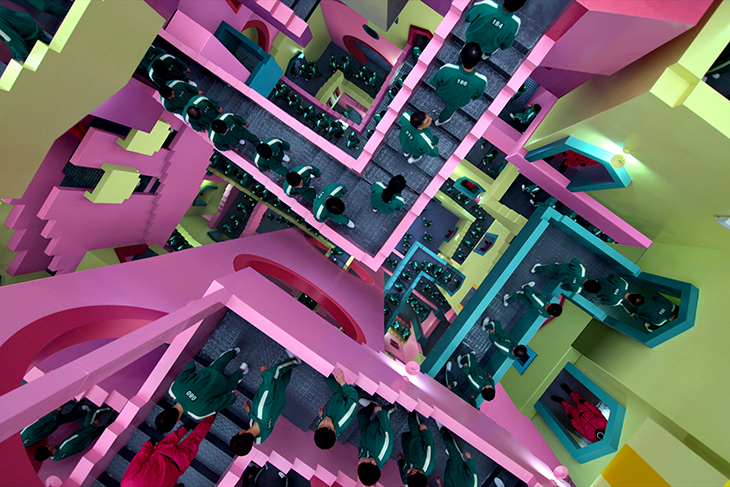
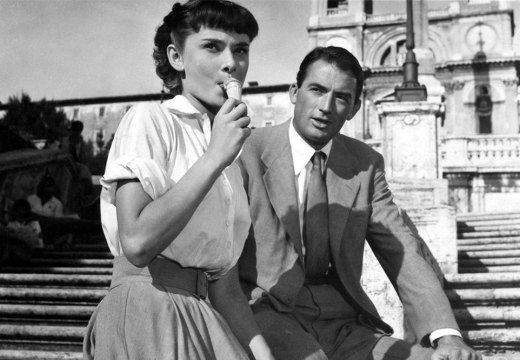
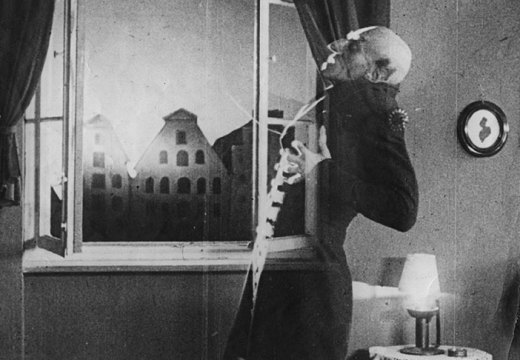

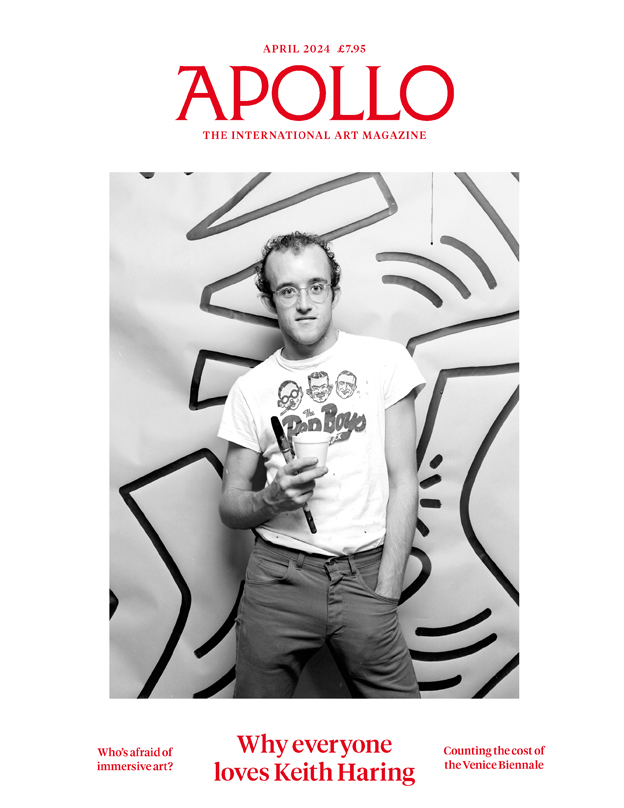
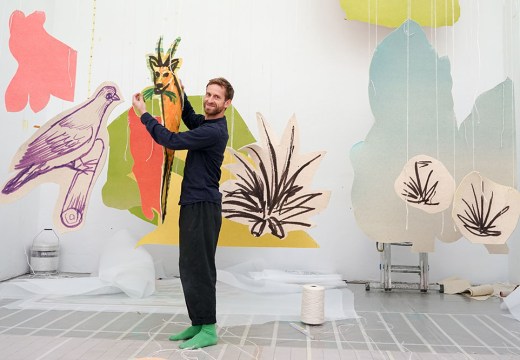

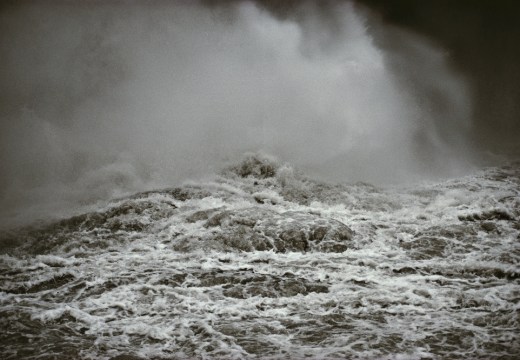

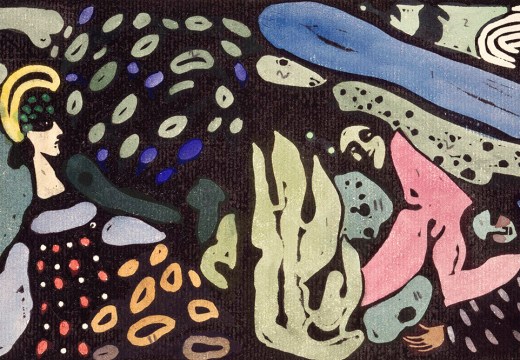
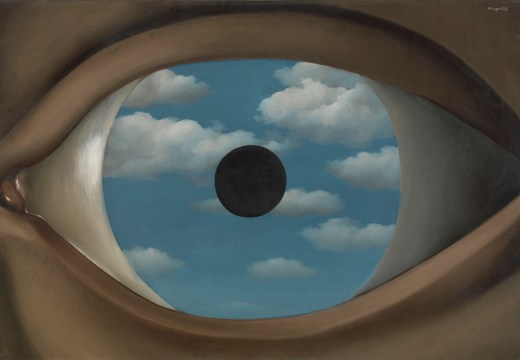
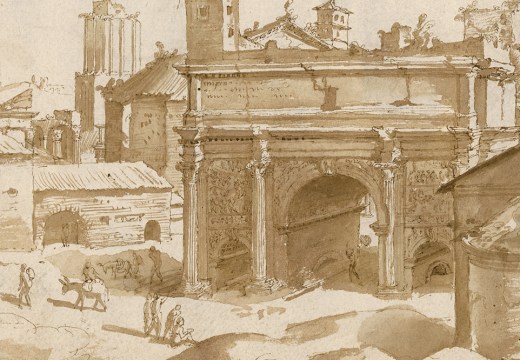
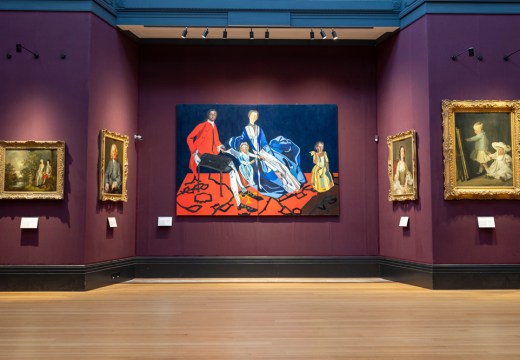
![Masterpiece [Re]discovery 2022. Photo: Ben Fisher Photography, courtesy of Masterpiece London](http://www.apollo-magazine.com/wp-content/uploads/2022/07/MPL2022_4263.jpg)
Has the Fitzwilliam lost the hang of things?